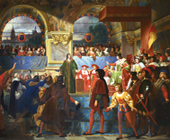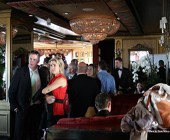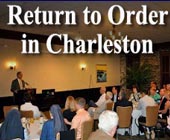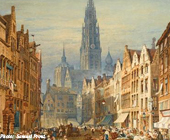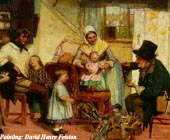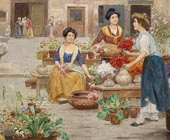The Real Subject Matter of Economics
Modern economics tends to reduce economic activity to formulae and equations. This is not the true subject matter of economics. Economic activities deal with human actions that are not predicable and thus cannot be reduced to the equations of an exact science. As economic historian Odd Langholm states: “The subject matter of economics is properly … Read more



